Home>Kitchen & Cooking>Kitchen Gadgets & Utensils>When Was The Stand Mixer Invented
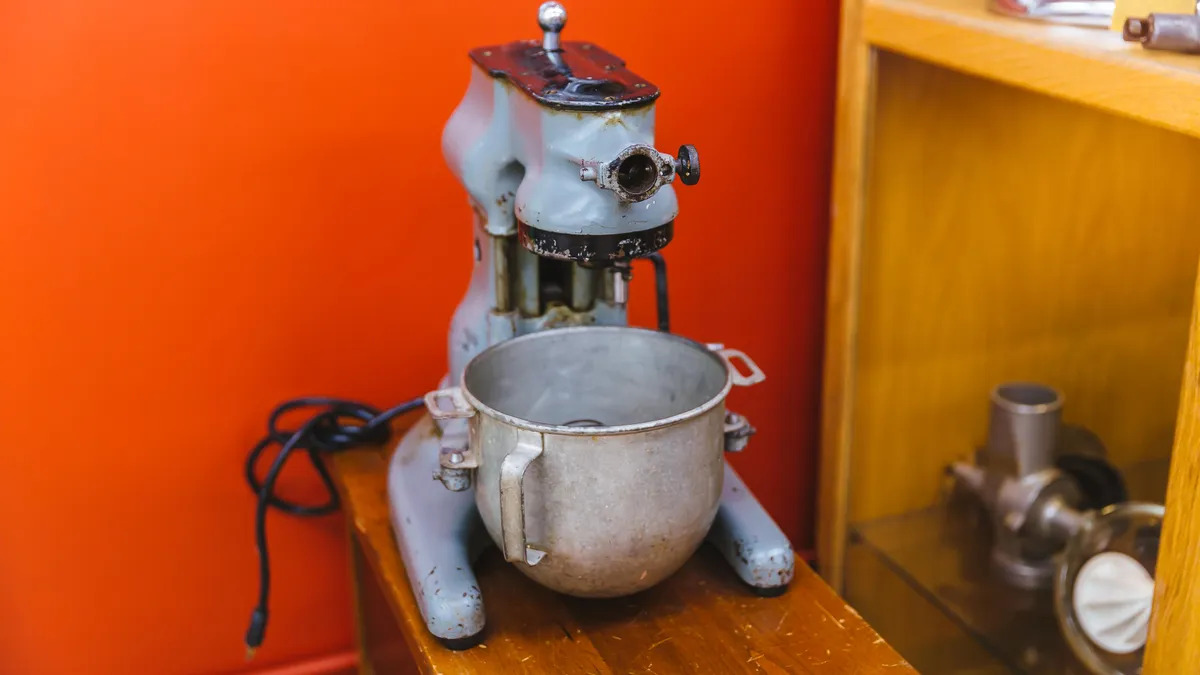

Kitchen Gadgets & Utensils
When Was The Stand Mixer Invented
Modified: October 20, 2024
Discover the history of kitchen gadgets and utensils, including the invention of the stand mixer. Learn about the origins and evolution of this essential kitchen tool.
(Many of the links in this article redirect to a specific reviewed product. Your purchase of these products through affiliate links helps to generate commission for Storables.com, at no extra cost. Learn more)
Introduction
Welcome to the fascinating world of kitchen gadgets and utensils! Today, we"ll embark on a journey through time to uncover the intriguing history of one of the most beloved and indispensable kitchen appliances – the stand mixer. Whether you"re a seasoned culinary enthusiast or a novice cook, understanding the origins and evolution of this innovative tool will deepen your appreciation for its role in simplifying and enhancing the art of cooking and baking.
As we delve into the annals of culinary history, we"ll unveil the inception of the stand mixer and explore the pivotal moments that shaped its evolution into the versatile and efficient kitchen companion we know today. From its humble beginnings to its integration of cutting-edge technology, the stand mixer has undergone a remarkable transformation, revolutionizing the way we approach food preparation.
Join us as we unravel the captivating narrative of the stand mixer, tracing its roots back to the early days of culinary craftsmanship and witnessing its progression into a staple appliance in modern kitchens worldwide. Let"s embark on this enlightening expedition to uncover the story behind the invention and evolution of the stand mixer, a testament to human ingenuity and the pursuit of culinary excellence.
Key Takeaways:
- The stand mixer was invented in 1908 by Herbert Johnson, revolutionizing food preparation and paving the way for modern kitchen appliances.
- The evolution of stand mixers has led to sophisticated models with smart features, empowering cooks to unleash their creativity and achieve extraordinary culinary feats.
Read more: When Was The Electric Mixer Invented
The Early History of Mixers
Long before the advent of electric stand mixers, the art of mixing ingredients was a labor-intensive task that required significant physical effort. The earliest forms of mixers can be traced back to ancient civilizations, where cooks and bakers relied on manual tools such as wooden spoons, whisks, and mortar and pestle to combine and blend ingredients.
Throughout history, the desire for more efficient and effective mixing methods led to the development of various mechanical devices. In the 19th century, hand-cranked rotary egg beaters emerged as a popular kitchen gadget, allowing cooks to whip and beat ingredients with less exertion. These simple yet ingenious contraptions marked a significant advancement in the realm of food preparation, paving the way for the evolution of more sophisticated mixing devices.
As the industrial revolution unfolded, the demand for mechanized kitchen appliances surged, prompting inventors and innovators to explore new avenues for automating culinary tasks. This era saw the emergence of hand-cranked mechanical mixers, which featured rotating blades or beaters powered by a hand-operated mechanism. These early mixers represented a leap forward in kitchen technology, offering a more efficient and consistent means of blending ingredients.
The evolution of mixers continued into the early 20th century, with the introduction of electrically powered models that revolutionized the way ingredients were mixed and blended. These early electric mixers, though rudimentary compared to their modern counterparts, laid the groundwork for the development of the stand mixer, setting the stage for a transformative innovation that would redefine the landscape of culinary equipment.
As we reflect on the early history of mixers, we gain a profound appreciation for the ingenuity and perseverance of those who sought to streamline and elevate the art of cooking. The evolution of mixing devices reflects humanity"s enduring quest for efficiency and excellence in the culinary domain, setting the stage for the remarkable advancements that would shape the future of food preparation.
The Invention of the Stand Mixer
The birth of the stand mixer marked a pivotal moment in the history of culinary innovation, ushering in a new era of convenience and efficiency in the kitchen. The inception of the stand mixer can be attributed to the creative genius of Herbert Johnson, an engineer who recognized the need for a more practical and hands-free mixing solution.
In 1908, Johnson, inspired by the laborious and time-consuming nature of mixing dough by hand, set out to design a revolutionary appliance that would streamline the process of blending ingredients. His vision culminated in the creation of the first electric stand mixer, which he named the “KitchenAid.” This groundbreaking invention not only alleviated the physical strain associated with manual mixing but also delivered unparalleled precision and consistency in achieving the desired texture and uniformity in various culinary preparations.
The KitchenAid stand mixer, initially intended for commercial use in bakeries and restaurants, quickly garnered acclaim for its exceptional performance and reliability. Its widespread adoption in professional kitchens attested to its transformative impact on food production, inspiring Johnson to adapt the appliance for home use, thereby democratizing access to this revolutionary kitchen tool.
One of the defining features of the stand mixer was its innovative design, which incorporated a stationary base housing a powerful motor and a detachable mixing head. This configuration allowed users to effortlessly position the mixing bowl beneath the beaters, freeing their hands to attend to other tasks while the ingredients were expertly blended to perfection. The versatility of the stand mixer, with its array of interchangeable attachments for various culinary functions, further solidified its status as an indispensable kitchen companion.
Johnson’s pioneering invention not only revolutionized the way batters, doughs, and other mixtures were prepared but also set a new standard for culinary efficiency and precision. The stand mixer became synonymous with culinary excellence, empowering cooks and bakers to unleash their creativity and achieve consistently exceptional results in their culinary endeavors.
The invention of the stand mixer stands as a testament to human ingenuity and the relentless pursuit of culinary advancement, forever altering the landscape of food preparation and cementing its status as an enduring icon in the realm of kitchen appliances.
The stand mixer was invented in 1908 by Herbert Johnson, an engineer working for the Hobart Manufacturing Company. It was initially designed for commercial use in bakeries and restaurants.
The Evolution of Stand Mixers
Since its groundbreaking inception, the stand mixer has undergone a remarkable evolution, adapting to the changing needs and preferences of culinary enthusiasts while integrating cutting-edge technology to enhance its capabilities. The journey of the stand mixer from its early iterations to the sophisticated models of today is a testament to the enduring legacy of innovation and excellence in the culinary domain.
Following the success of the original KitchenAid stand mixer, competitors and innovators alike sought to refine and expand upon the concept, giving rise to a diverse array of stand mixer models with enhanced features and functionalities. The mid-20th century witnessed significant advancements in stand mixer design, with the introduction of planetary mixing action, a revolutionary mechanism that ensured thorough and consistent blending of ingredients by reaching all areas within the mixing bowl. This innovation elevated the standard of mixing performance, setting a new benchmark for precision and efficiency.
As technological progress accelerated, stand mixers embraced a host of innovative enhancements, including variable speed settings, ergonomic designs, and enhanced safety features. The integration of high-powered motors and durable construction materials further bolstered the performance and durability of stand mixers, enabling them to effortlessly tackle a wide range of culinary tasks with unparalleled efficiency.
The latter part of the 20th century and the dawn of the 21st century witnessed a surge in the popularity of stand mixers among home cooks, spurred by a burgeoning interest in baking and culinary experimentation. Manufacturers responded to this burgeoning demand by diversifying their product offerings, introducing a spectrum of sizes, colors, and attachments to cater to the diverse preferences and culinary aspirations of consumers.
Today, stand mixers have evolved into sophisticated culinary workhorses, equipped with an extensive range of attachments and accessories that empower users to knead dough, whip cream, mix batters, and even craft artisanal pasta with unparalleled ease and precision. The integration of smart features, such as digital controls and connectivity options, has further elevated the functionality and convenience of modern stand mixers, aligning them with the demands of contemporary kitchens.
As we contemplate the evolution of stand mixers, we bear witness to a legacy of relentless innovation and unwavering commitment to culinary excellence. The enduring popularity and indispensability of stand mixers in modern kitchens attest to their enduring legacy as a transformative culinary tool, empowering cooks and bakers to unleash their creativity and achieve extraordinary culinary feats.
Conclusion
The captivating saga of the stand mixer, from its humble origins to its status as an indispensable culinary companion, embodies the spirit of ingenuity and innovation that has defined the evolution of kitchen appliances. The invention and evolution of the stand mixer stand as a testament to the enduring quest for culinary excellence and the relentless pursuit of efficiency and convenience in the realm of food preparation.
As we reflect on the remarkable journey of the stand mixer, we gain a profound appreciation for the transformative impact it has had on the culinary landscape. From its pioneering days as a commercial bakery appliance to its ubiquitous presence in home kitchens around the world, the stand mixer has left an indelible mark on the art of cooking and baking, empowering individuals to explore their culinary prowess and elevate their gastronomic creations to new heights.
The evolution of stand mixers, marked by technological advancements, ergonomic design enhancements, and a diverse array of attachments and functionalities, exemplifies the unwavering commitment of manufacturers to meet the evolving needs and aspirations of culinary enthusiasts. The enduring popularity and versatility of stand mixers serve as a testament to their enduring relevance in the modern kitchen, transcending generations and culinary trends.
As we bid adieu to this enlightening exploration of the stand mixer, let us carry forward an enduring appreciation for the legacy of innovation and excellence that continues to shape the world of culinary appliances. The stand mixer stands as a symbol of culinary empowerment, inspiring creativity and culinary mastery in kitchens across the globe, and its timeless allure will undoubtedly continue to enrich the culinary experiences of generations to come.
So, the next time you witness the rhythmic whirring of a stand mixer expertly blending ingredients or the joyous hum of its attachments crafting delectable creations, take a moment to marvel at the profound impact of this remarkable invention – a testament to the enduring legacy of human ingenuity and the pursuit of culinary greatness.
Frequently Asked Questions about When Was The Stand Mixer Invented
Was this page helpful?
At Storables.com, we guarantee accurate and reliable information. Our content, validated by Expert Board Contributors, is crafted following stringent Editorial Policies. We're committed to providing you with well-researched, expert-backed insights for all your informational needs.
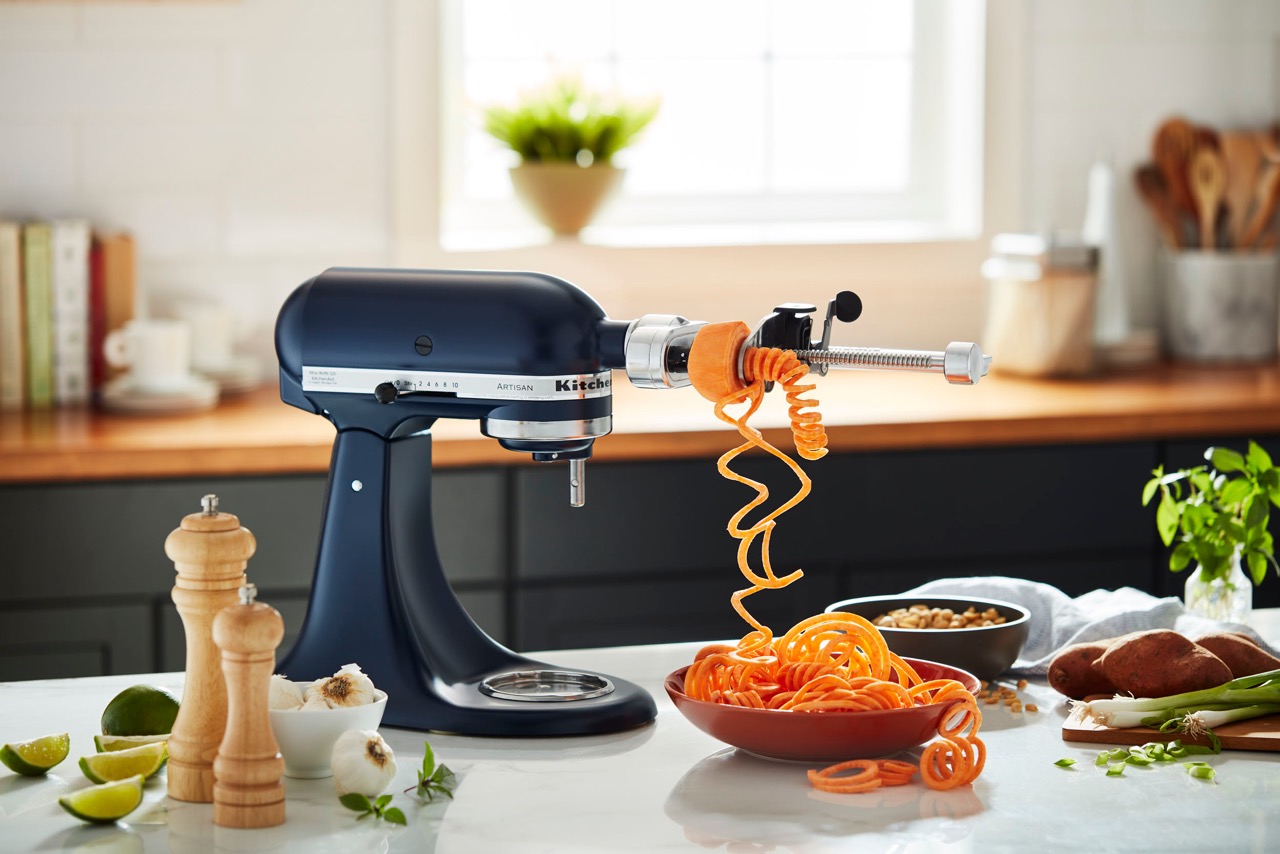
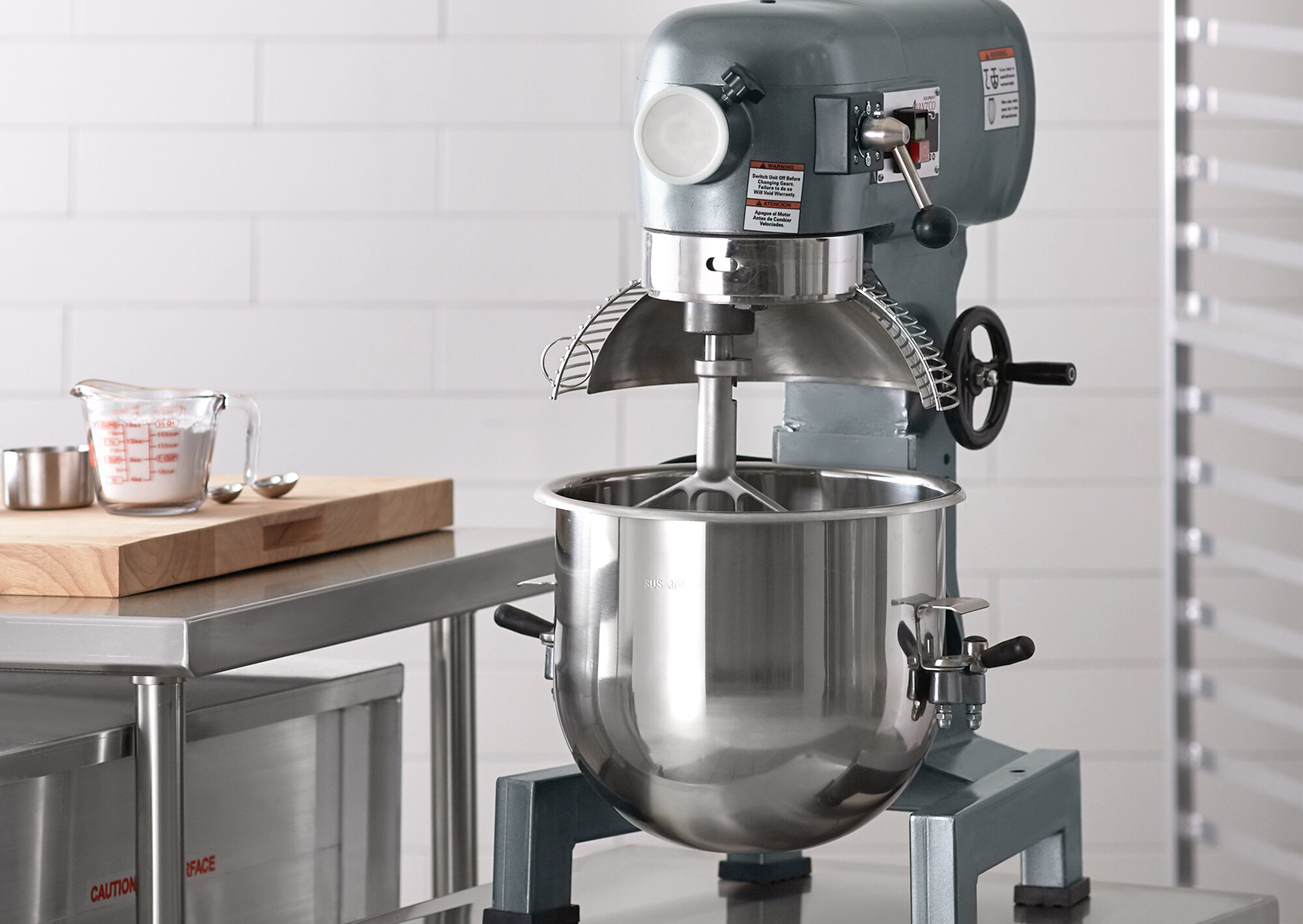
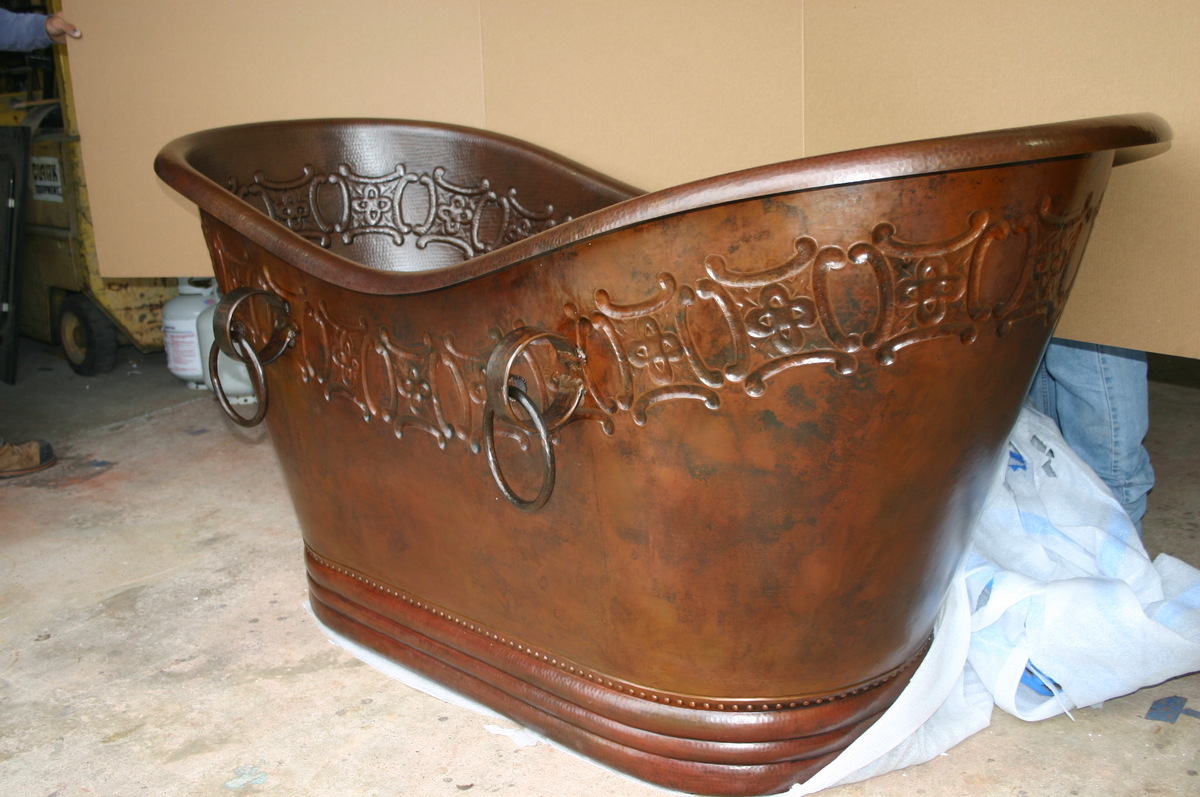
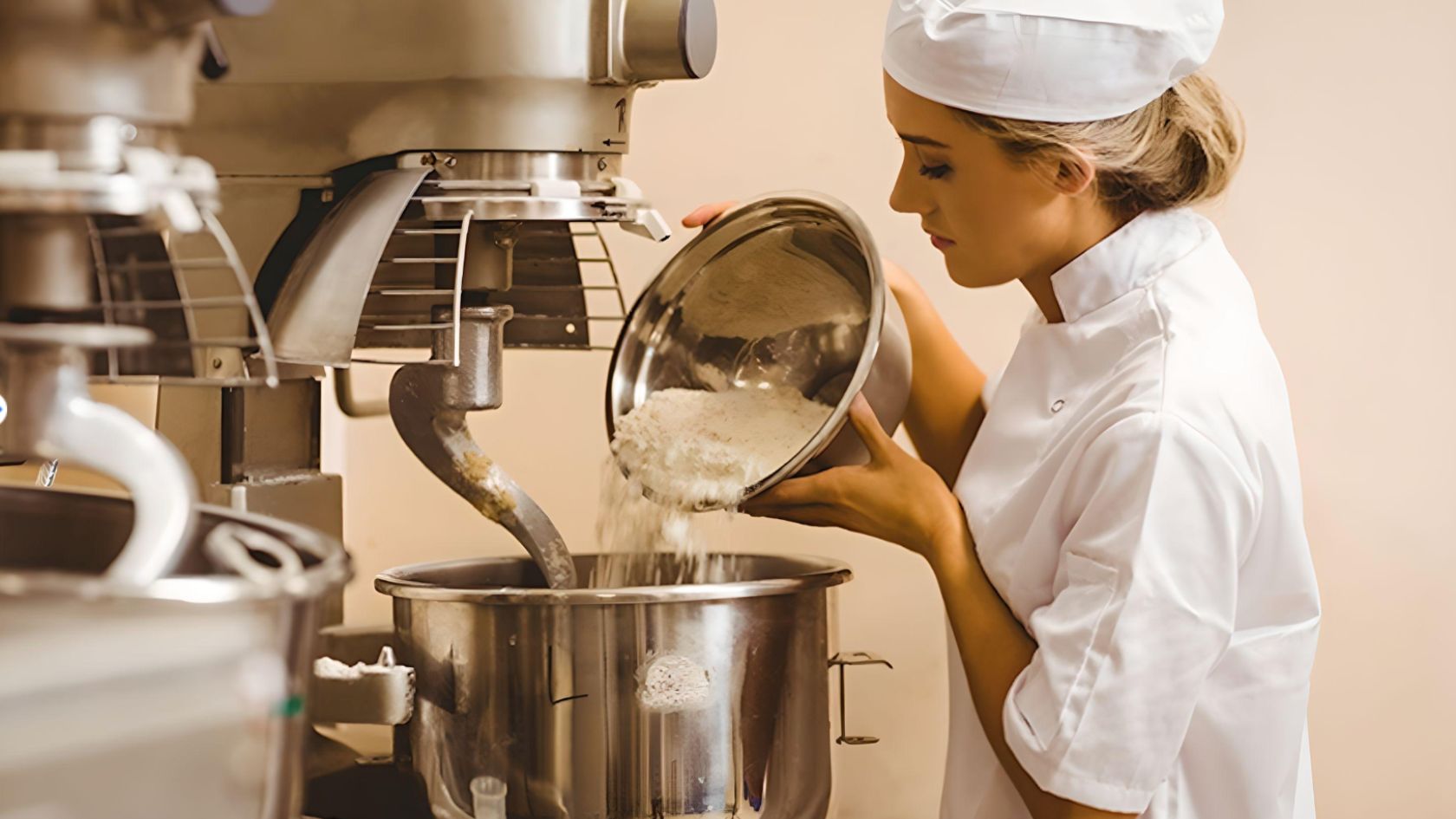

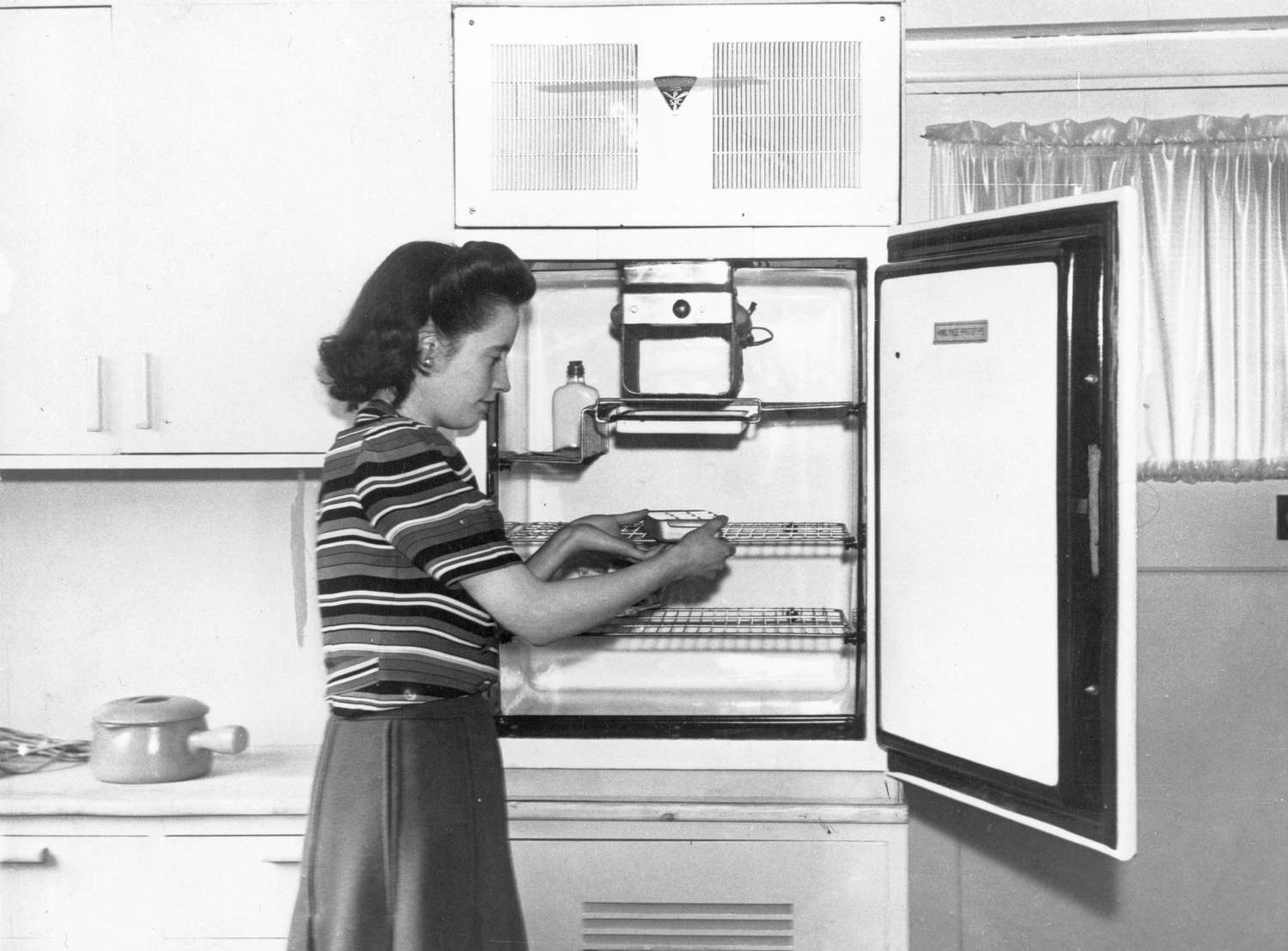



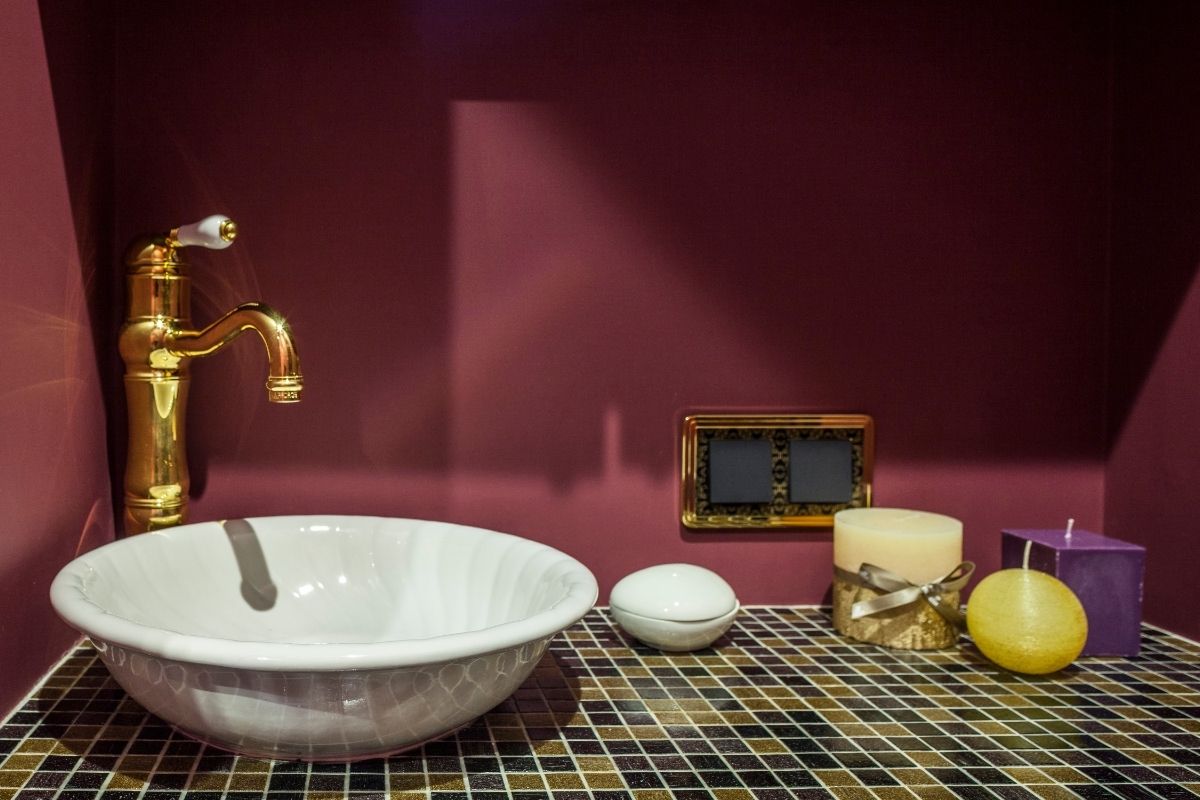

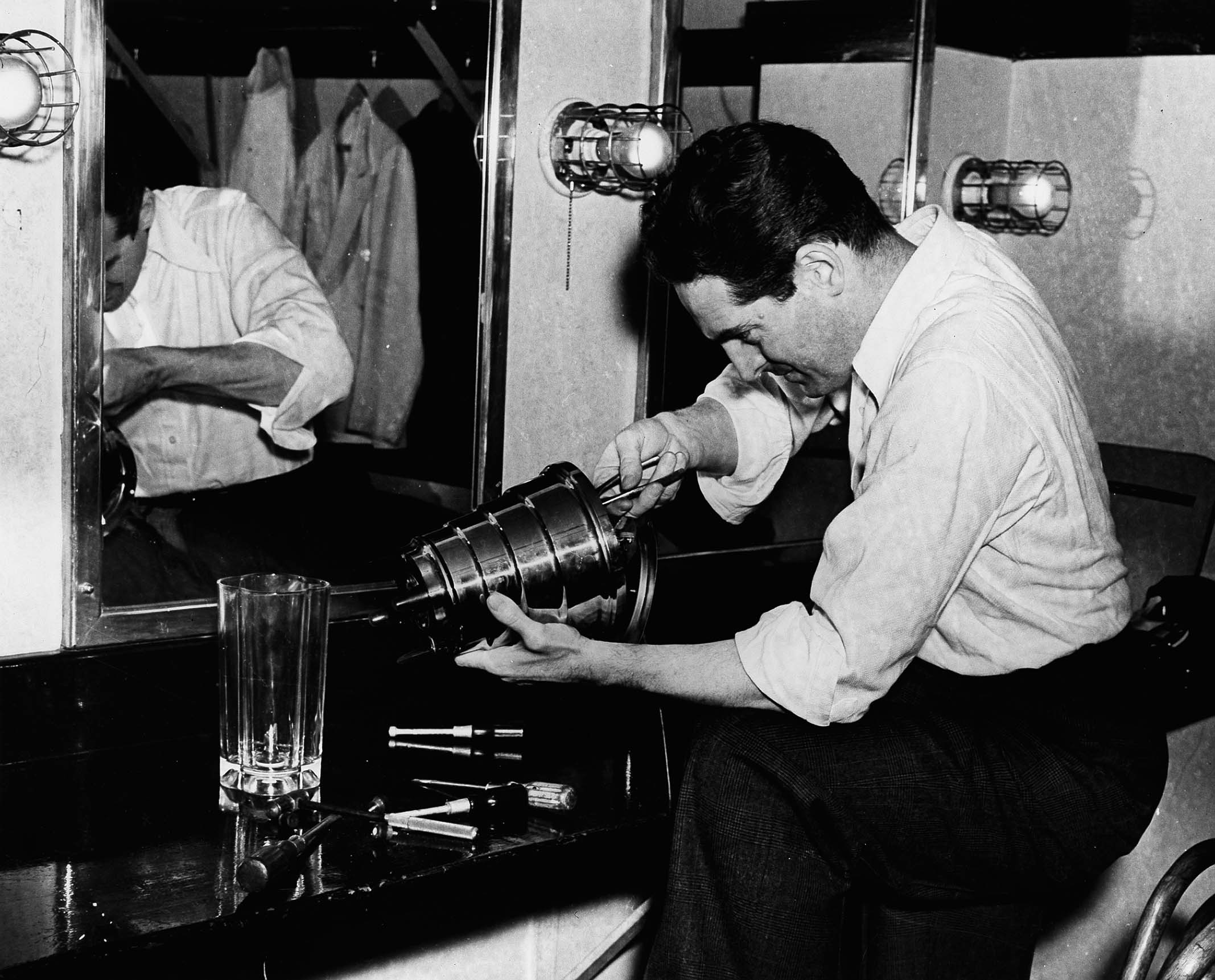
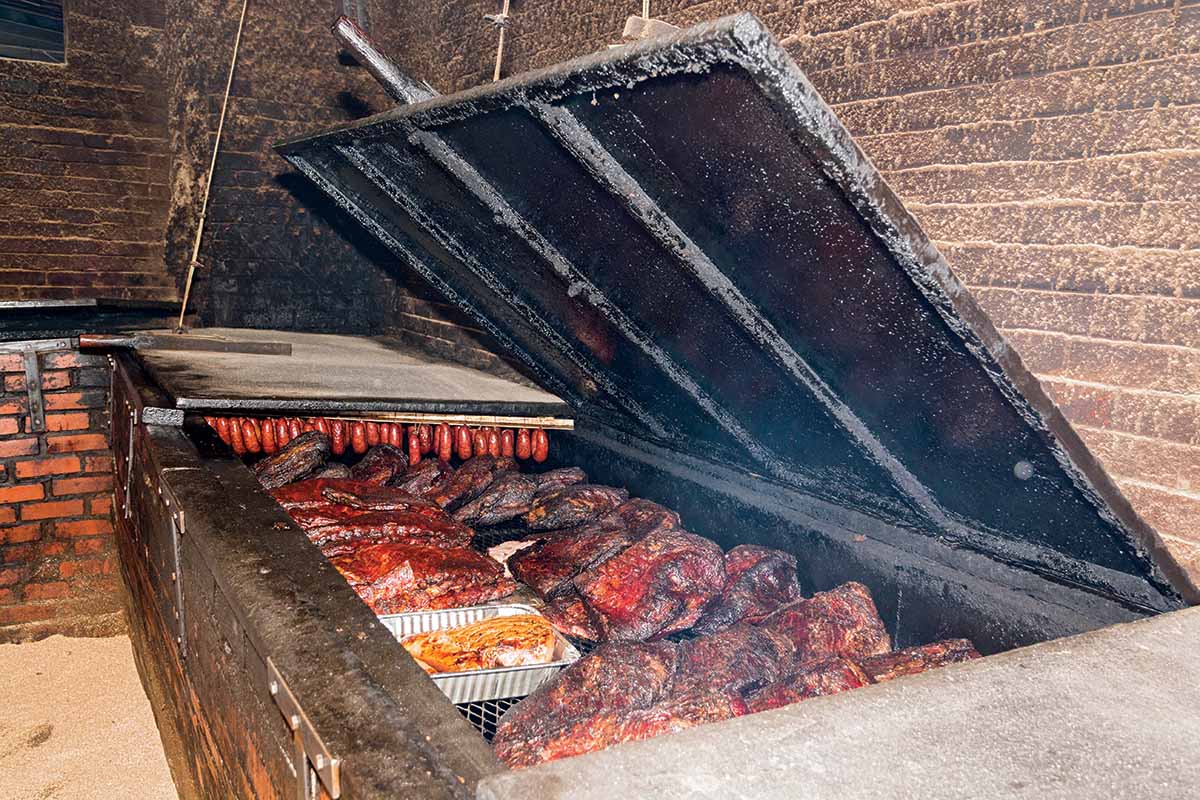

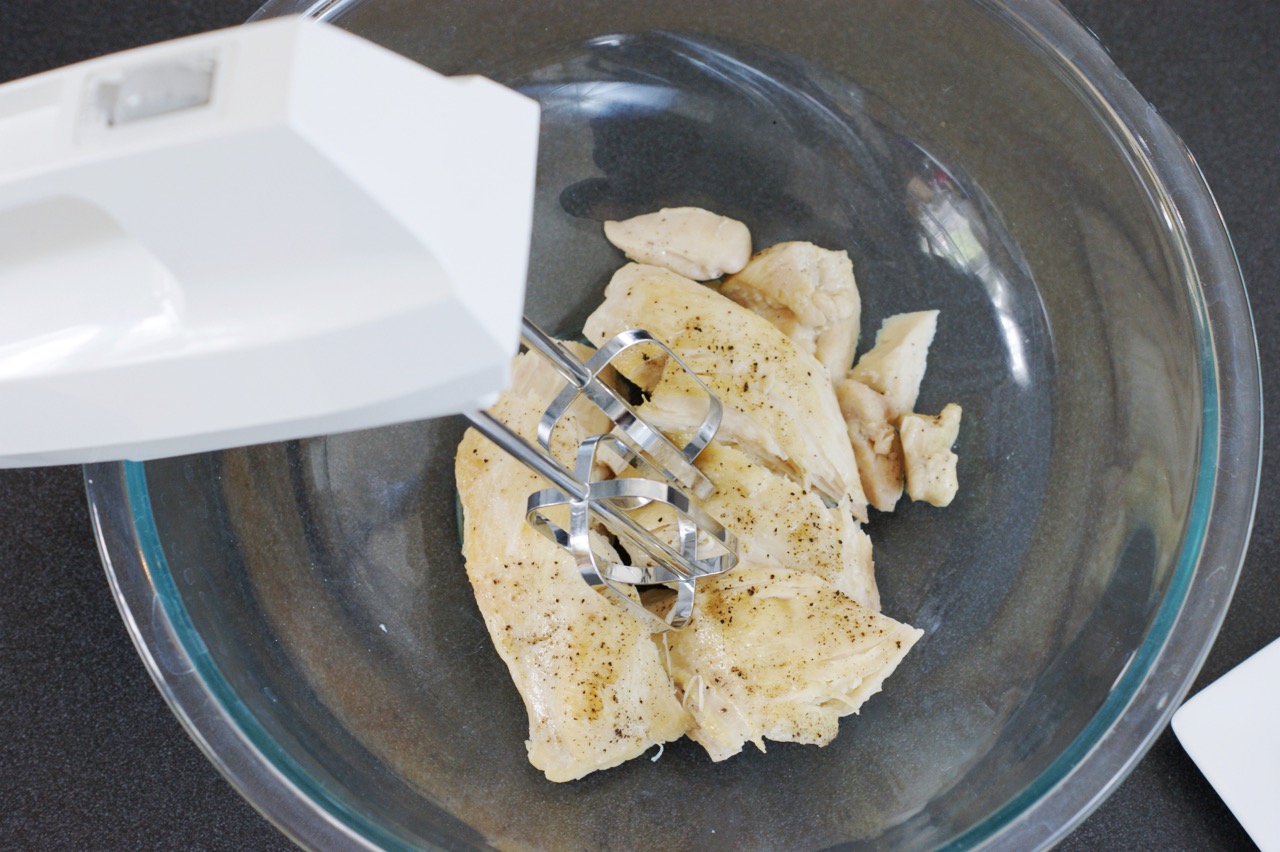

0 thoughts on “When Was The Stand Mixer Invented”